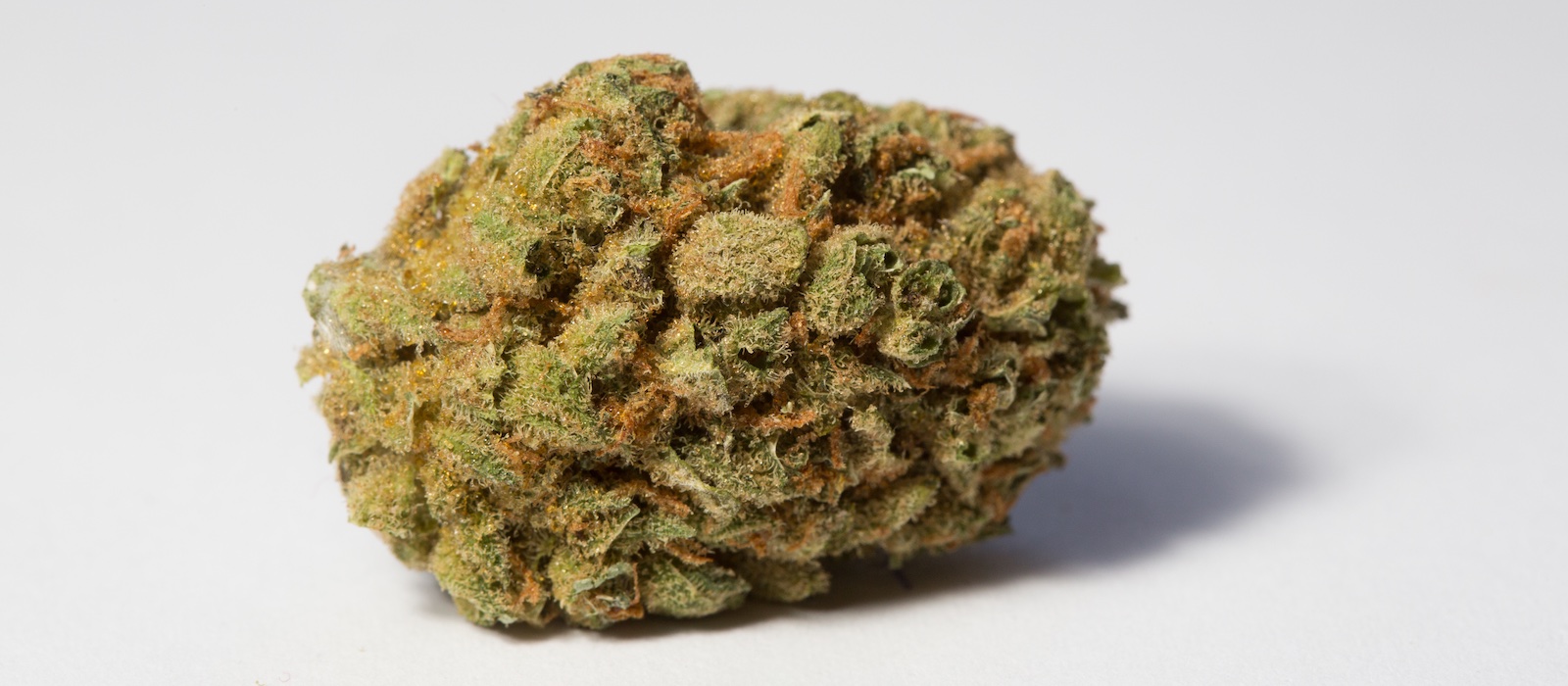- For the first time in recent history, cannabis consumption has overtaken alcohol in the United States.
- According to a study, 17 million people reportedly used marijuana compared to 14 million who consumed spirits.
- This historic shift reflects a change in American societal habits and illustrates the impact of legalisation and evolving drug policies. In this article, we explore the factors driving this trend and its implications.

A study conducted by Carnegie Mellon University and published in May 2022 found that around 17.7 million people used cannabis almost daily, compared to 14.7 million who reported frequent alcohol use.
The research is based on data collected over 42 years by the U.S. National Survey on Drug Use and Health, comprising 27 reports on substance use involving 1,641,042 participants.
The rise in cannabis use appears to be most notable among young people, who are opting for cannabis over alcohol (and even tobacco). This new generation has grown up with legal cannabis as an alternative, which they seem to prefer over more traditional choices.
One of the key conclusions from this study is that increased usage, or at least the acknowledgment of it, is directly linked to legalisation policies. There has been a noticeable decline in reported use during periods of more restrictive policies.
It remains uncertain whether prohibition effectively reduced cannabis consumption, or if users were simply not transparent due to the social stigma associated with it.
The Impact of Cannabis Legalisation in the United States
Several factors must be examined to understand the study's findings and why users seem to be replacing alcohol with marijuana. The most obvious reason is the shift in the legal landscape and its social implications.
In recent decades, a wave of regulatory changes has swept across the U.S., with more and more states legalising cannabis for both medicinal and recreational use. This has had a major impact on consumption patterns: Decriminalising cannabis has not only allowed its use without fear of repercussions but has also reduced the associated social stigma.

The Generational Factor: Changing Preferences Among the Youth
Another key aspect in explaining the findings of this study is the evolving perspective on cannabis among younger generations.
Cannabis is increasingly perceived as a safer recreational option compared to alcohol, especially given the lower risk of overdose and less severe short-term side effects.
Education campaigns about the risks associated with alcohol, including alcohol-related road accidents, have also shifted perceptions among younger individuals.
What Are the Potential Public Health Implications of This New Trend?
While a reduction in alcohol consumption is good news for many, the rise in cannabis use raises some questions.
Some experts point out that, although cannabis use may be less harmful than alcohol in some respects (especially in the short term), frequent use is not without risks.
Therefore, recreational users, and particularly younger individuals, need to be educated about the risks associated with chronic cannabis use, which can include long-term effects like anxiety and depression.
On the other hand, alcohol remains a significant public health issue. In the U.S. alone, it is linked to around 140,000 deaths annually, with two-thirds attributed to chronic conditions such as heart disease, liver disease, and various cancers. The remaining third results from traffic accidents, acute alcohol poisoning, and suicides related to alcoholism.
This problem is not unique to the US. Globally, alcohol-related deaths account for approximately 4.7% of all deaths, according to the World Health Organisation (WHO).
The growing popularity of cannabis as an alternative to alcohol could help reduce these statistics. Although the study reveals that cannabis use now exceeds alcohol use, there have been no recorded direct deaths from cannabis overdose in the country. In this sense, cannabis is a much safer substance.
However, as mentioned earlier, marijuana use is not without risks. Legalisation should therefore be accompanied by educational campaigns aimed at reducing short- and long-term risks associated with its use.
Future Outlook
The United States serves as a model that Europe looks to for predicting a possible future, with Germany leading the way on the continent as cannabis regulation becomes a more solid reality.
Based on this study, current data suggests that this ancient plant could continue to gain ground on alcohol as more countries legalise its use.
However, it is crucial to update public health policies to evolve alongside these new consumption trends, ensuring that both young people and adults are aware of the risks and benefits of cannabis use.



Comments from our readers
There are no comments yet. Would you like to be the first?
Leave a comment!Did you like this post?
Your opinion about our seeds is very important to us and can help other users a lot (your email address won't be made public).